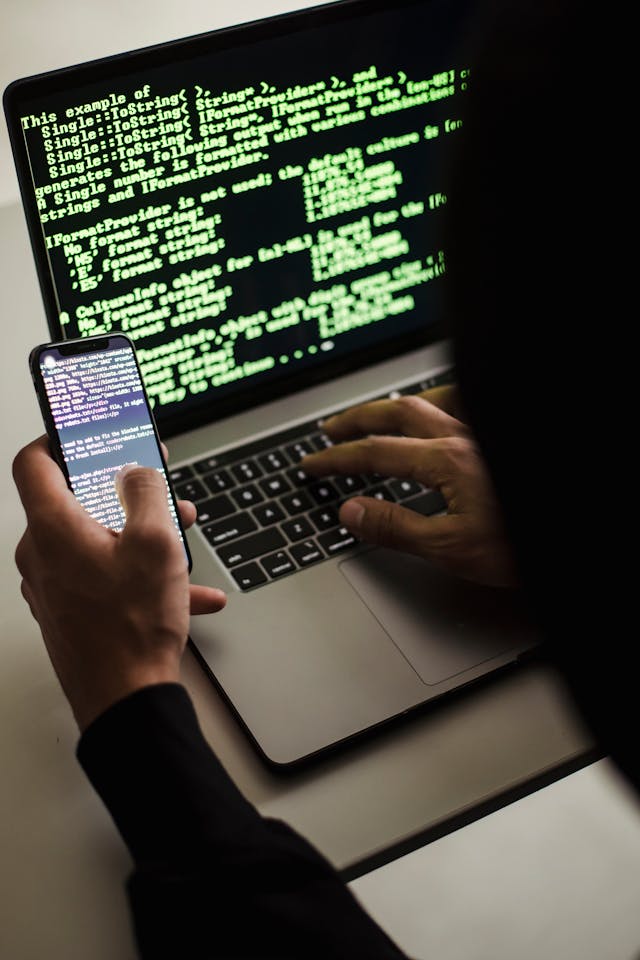
In recent years, the cybersecurity landscape in Italy has changed dramatically, with an exponential increase in hacker attacks and cyber espionage activities. This phenomenon not only puts citizens’ privacy at risk, but also has significant repercussions on the country’s national security and economy. But what lies behind this growing vulnerability and what measures can we take to protect ourselves?
Cyber attacks in Italy have become an increasingly widespread and sophisticated phenomenon. According to reports by the Authority for National Cybersecurity (ACN), there has been a 40% increase in incidents compared to previous periods. Companies, in particular, are in the crosshairs of cyber criminals, who exploit vulnerabilities in systems to steal sensitive data, extort money or sabotage operations.
The most affected sectors include healthcare, critical infrastructure and public administrations. The consequences of an attack can be devastating: loss of data, interruption of services and reputational damage. An emblematic example of the hacking phenomenon was certainly the attack on the Italian healthcare system, which brought several facilities to their knees during the pandemic.
In addition to hacker attacks, however, recent news events have brought to light in all its seriousness the spread of another threat: computer espionage.
The recent cases related to the spying on the bank accounts of important Italian politicians and personalities, including Prime Minister Meloni, and, above all, the still unclear affair of the spying carried out by Equalize, are the two most blatant cases that have come to light to date.
In particular, the Equalize case has uncovered a world of cross-espionage, not only against prominent and important people, but also against ordinary citizens.
From the lawyer to the employer, from the ex-husband to the business partner, there were many citizens who decided to use the services of this company.
The matter then appears even more serious if we think that the top management of the company and the main authors of what can be defined as a real dossier, are people and exponents of the Viminale, the Acn, the Services, the GdF and other State apparatuses.
To date, at least as far as has been ascertained, there have been almost 110 thousand cases of espionage carried out by the company headed by the president of the Fiera Milano Foundation, Enrico Pazzali, and the former policeman Carmine Gallo. All through the now well-known Beyond platform, a platform that aggregates information from various sources, apparently also illicitly defined by the owners themselves as their flagship.
A true detective story that, however, sheds light on a system that may have other actors and other realities in action.
Computer espionage techniques are constantly evolving. They range from targeted phishing to highly sophisticated malware that can infiltrate systems undetected. Italian intelligence agencies have the important task of monitoring these threats and ensuring national security, but the challenge is immense and requires ever-increasing resources.
This is why the current situation requires a proactive approach to cybersecurity. Companies need to invest in advanced technologies, staff training and incident response strategies. Collaboration between the public and private sectors is essential to create a more robust security ecosystem. While it is difficult to fight professionals like those involved in the Equalize case, it is not acceptable that a simple bank official can freely browse the accounts of whoever he wants.
In an age where technology permeates every aspect of daily life, cyber security cannot be neglected. Hacker attacks and cyber espionage pose a real threat to Italy, but with appropriate measures, awareness and cooperation, it is possible to protect citizens, companies and institutions. The challenge is great, but not insurmountable: no one is safe anymore, but we can all do our part to ensure a safer digital future.
FeMo



 Subscribe
Subscribe